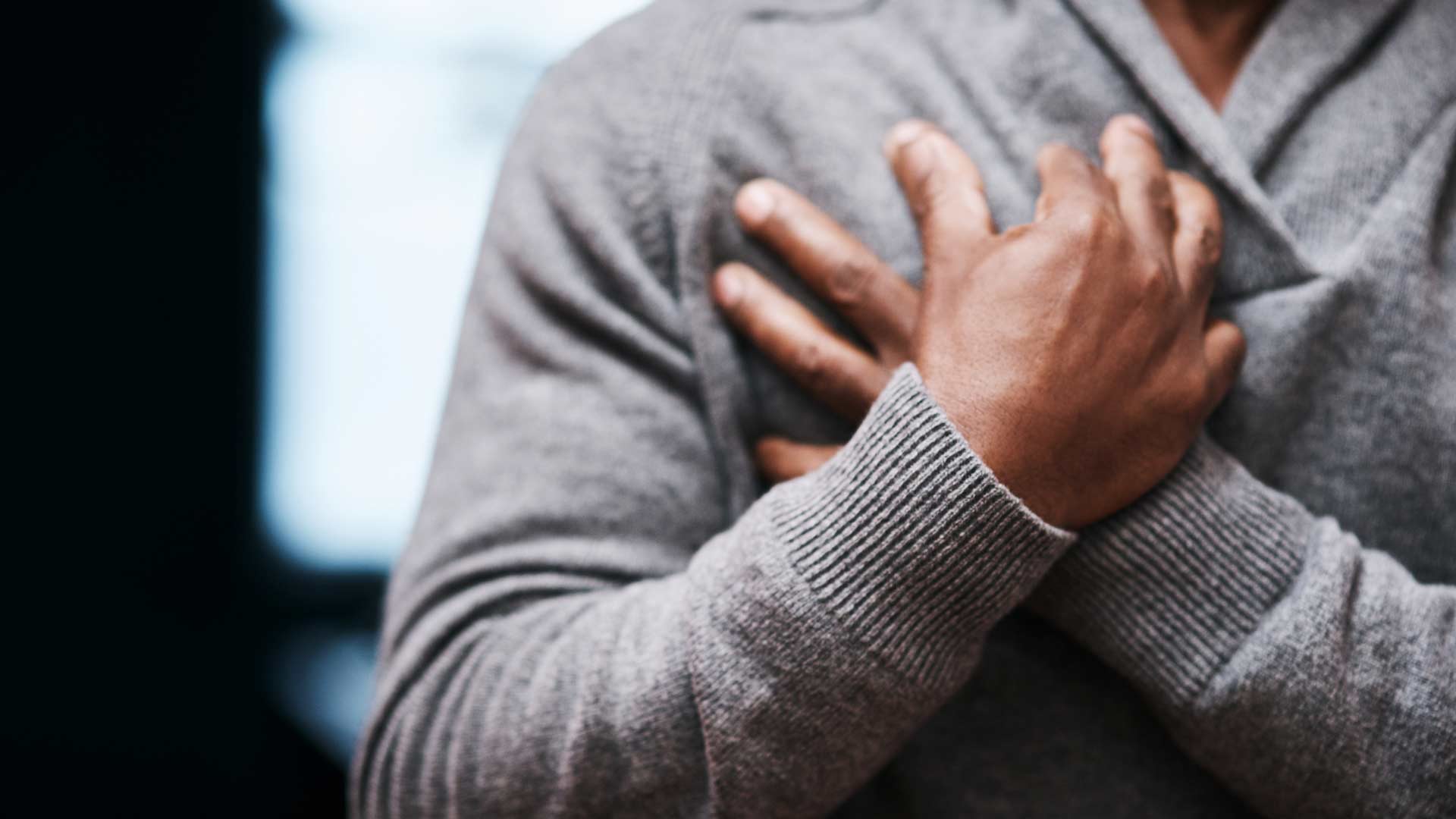
Americans who received COVID shots that were only approved by emergency-use authorization (EUA) have very little legal recourse in the event of serious injury or death. That’s because vaccine producers enjoy extensive legal protections for experimental drugs that are only authorized under EUA.
All available COVID shots are still under emergency-use authorization include the Moderna, Pfizer and Johnson & Johnson.
Those who wait for the newly approved Comirnaty shot, which was fully licensed by the FDA on Aug. 23, could have considerably more legal options in the future. While Comirnaty is identical to Pfizer in its physical constitution, it comes with a whole new legal status. Comirnaty-labeled vaccines, however, are not yet available in the U.S. Thus, there are no substantial legal protections for anyone who gets vaccinated with the currently available EUA-approved Pfizer shot.
The National Vaccine Injury Compensation Program (VICP) is a government-run and funded entity that pays out compensation to people who suffer from vaccine injuries or who lost a loved one due to injury from a fully-licensed vaccine. The program pays out hundreds of millions of dollars each year.
Those who have received a covered vaccine and believe they were injured as a result, can file a petition.
According to federal law, claims associated with federally licensed vaccines can be filed under the VICP Act. To date, the U.S. Dept. of Health & Human Services has not yet listed Comirnaty among the vaccines covered in this program, but since it is fully-licensed there is a good chance it will eventually be a covered vaccine which comes with additional legal options for those injured by the shot.
The process, however, is not automatic. Part of the hold up may be due to the fact that it is primarily for adults (ages 16 and older). Adult-only vaccines do not fall under the VICP protection. Once Comirnaty is approved for general use in children its status could change.
To be clear, the VICP is an alternative to the traditional legal system for resolving vaccine injury petitions. It was created in the 1980s, after lawsuits against vaccine companies and providers threatened to cause vaccine shortages. Those who have received a covered vaccine and believe they were injured as a result, can file a petition. Parents and legal representatives can file on behalf of children, disabled adults, and individuals who are deceased.
THE PROCESS
Initially, a person files a petition with the U.S. Court of Federal Claims. Staff from the Department of Health and Human Services then review the petition to determine whether it meets the medical criteria for compensation. They then make a preliminary recommendation. At this point, the U.S. Department of Justice develops a report that includes the medical recommendation and legal analysis and submits it to a court-appointed special master who decides whether the petitioner should be compensated and to what degree. The Department of Health and Human Services is the body that provides the actual compensation.
If, however, the special master dismisses a case, it can be appealed by filing a claim in civil court against the vaccine company and/or the health care provider who administered the vaccine.
According to a recent report, by the Health Resources & Services Administration, since 1988, over 24,264 petitions have been filed with the VICP. During that time, 20,057 petitions have been adjudicated, with 8,223 of those determined to be compensable, while 11,834 were dismissed. Total compensation paid over the life of the program is approximately $4.6 billion.
Each year, approximately 20 percent of all claims filed under the VICP are denied for various reasons, from failing to submit adequate evidence to waiting too long to file. Depending on the reason why a claim is denied, it may be possible to appeal.
According to Leah Durant, a Washington, D.C., attorney who has litigated numerous vaccine cases, there are three stages in the appeals process for VICP claims.
ALASKA WATCHMAN DIRECT TO YOUR INBOX
“The first stage involves having your claim reviewed by a judge on the Vaccine Court,” her law firm website states. “This judge can either: (i) affirm the Special Master’s decision, (ii) reverse the Special Master’s decision and award compensation, or (iii) reverse the Special Master’s decision and remand the case for re-hearing.”
If the Vaccine Court affirms a denial of compensation, plaintiffs can then appeal this decision to the U.S. Court of Appeals for the Federal Circuit, Durant’s website explains. “The CAFC will review the grounds for your denial, and it can either affirm, reverse, or reverse and remand. If the CAFC reverses and remands, then your case will go back to the judge at the Vaccine Court, not the Special Master who originally denied your claim.”
The last stage in the appeal process is to request a review by the U.S. Supreme Court. This, however, is rare as the Supreme Court only reviews cases involving novel legal issues with implications beyond the immediate claim at hand, Durant’s site notes.







15 Comments
Dear Editor,
Alaska Mill and Feed can hardly meet the local demand for ivermectin–the dewormer used for horses! Apparently it is being bought by many of the anti-vaccination nuts who think that it can be used to ward off COVID! Trump has already urged Alabamans to take the vaccines. Having already learned a heavy lesson for putting out his call for Lysol, Trump, I’m sure, wouldn’t urge his dummies to take the horse medicine! But, who knows: It is such a nutty world, and Trump, himself, as everybody knows, is missing more than a few rivets. Trump aside, there are those who always know more about medicine than the professionals; that, you must admit, includes your camp followers!
As a Christian, though, put out the word to your clan not to take the horse medicine! Now don’t let the jewels under that kilt of yours get snagged up in the thistle: “clan,” as you see, is spelled as Boswell and Johnson might use the word!
Ta-ta! I’ll get out of this valley barn yet!
How do you know AK mill and feed is out of dewormer? I’m glad you believe the CDC because bureaucrats are clearly smarter then everyone else. I’m guessing your a bureaucrat? You’re clearly smarter then all of us plebs.
Don’t try to “bot” me, bro! You certainly can’t be as ignorant as you so present yourself.
Now, ta-ta!
Better seek mental help and medication for your Trump Derangement Syndrome. Then again liberalism is a mental illness so you may need other treatment as well. Good luck in getting better!
No worries for me I’m not getting the shot
Editor,
Surely, you would agree that the sentence with the “jewels,” the “kilt,” the “thistle,” and the “clan” needs to corrected. It should read as follows:
Now don’t let the jewels under that kilt of yours get snagged up in the thistle: “clan,” as you see, is spelled as Boswell and Johnson would have used the word.
Ta-ta!
Oh, my! Here, too, the first sentence of the clarification needs to be corrected. It should have read as follows: Surely, you would agree that the sentence with the “jewels,” the “kilt,” the “thistle,” and the “clan” needs to be corrected.”
Ta-ta! Oh, what trivia!
TA-ta…Gay ah.
It is difficult encouraging a worrier not to stress-out, worry, and be anxious; while words being used pandemic, virus, and high death numbers will keep a worrier worried, so they are no longer thinking rationally. Just like a swine of demon possessed pigs will whirl off a cliff into the sea.
I thinking covid is 40% illness and 60% fears and anxiety.
I’ve had a cold for 3 days. In those three days I have taken zero medications because the illness is minor and survivable.
This is my stance with this CoVID, the seasonal flu, or any other known coronavirus. The efficacy of the recommended medication is irrelevant when the virus itself poses a .07% chance of killing me based on Alaska’s own published data. And this does not take into account that I have no comorbidities which will likely decrease my risk even further.
The “vaccine” is not evil. The totalitarian push to force people to violate their own conscience is evil.
https://thecovidblog.com/2021/07/11/robin-spring-saunders-45-year-old-baltimore-woman-gets-mandatory-mrna-injection-for-employment-dead-six-days-later/
There are many of these stories being reported to VAERS with post shot deaths close to 14,000 and adverse (not a sore arm) events hovering around 600,000 last I heard. And these are only the voluntary ones being reported. Then there was the MN woman from Nigeria whose employer demanded the mRNA shot and she ended up losing both her hands and both legs due to blood clots. Her family will be financially responsible for the remainder of her life for all her medical costs. I hope the family sues the employer (which I think was a hospital).
Something I have observed: at first you got in line, signed your consent/waiver, got the shot then went and sat in the observation area to watch Hawaiian relaxation videos to see if you got any adverse reactions for a half hour or so. Now? Just get the car, waive your rights to sue and say you informedly consent to an unknown third-party and they immediately wave you off. That’s how much they care about anyone evidently.
This is the biggest reason the approved shot will never in the arms of people. They don’t have their legal immunity.